Recent research by Deloitte into the practices of the best team leaders reveals that they conduct regular check-ins with each team member about near-term work. These brief conversations allow leaders to set expectations for the upcoming week, review priorities, comment on recent work, and provide course correction, coaching, or important new information.
The conversations provide clarity regarding what is expected of each team member and why, what great work looks like, and how each can do his or her best work in the upcoming days to align purpose, expectations, and individual strengths in a way that characterizes the most highly-functioning teams.
So how can we take the best practice of frequent check-ins between leaders and team members and fit it into our world of fast-paced patient care and productivity pressures? The same way Deloitte did: by putting the practice into our everyday habits.
To help make this a reality at Infinity Rehab, we recently introduced a new communication tool for our clinicians called a SPARK conversation. SPARK conversations are quick, efficient meetings focused on helping you make steady progress toward your development goals. When done well, SPARK conversations can help you build new habits and bring the best practice of ongoing development and feedback into your day-to-day life.
There are five parts to a SPARK conversation:
- State the goal that you’re working on.
- Provide an update on recent progress and actions you’ve taken toward your goal, as well as setbacks.
- Ask for feedback about your progress, and guidance on next steps where needed.
- Report your plans to take action and make added progress between now and the next conversation.
- Keep track of your progress: Document key highlights of your conversation in Ultipro “Journal Entries.”
Having a great SPARK conversations will take a little preparation on your part to make the most of your meeting time.
The strongest SPARK conversations are:
- Driven by the person with the goal, not by the manager. Remember this is YOUR development!
- Focused on the facts: what you have accomplished so far, and where you need help to overcome the challenges you face.
- Action-oriented and result in clear direction about the next steps you need to take to reach your goal.
- Quick and to the point: The entire SPARK conversation process should take 10 minutes or less.
Frequent check-ins are not in addition to the work of a team leader; they are the work of a team leader. Doing your part to develop your skills using SPARK conversations can help you and your team reach your full potential.
_______________________________________________________________






